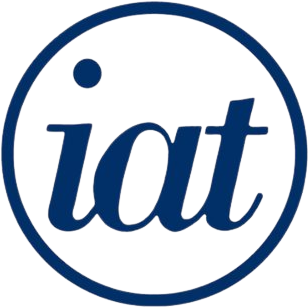
Genetically altered laboratory animals: models, phenotyping principles and preclinical models
With tutor Michelle Stewart PhD
This unit will provide the learner with an understanding of different types of genetic model, the available approaches for their phenotypic evaluation, practical and logistic considerations and the challenge to map traits of human relevance in preclinical models.
Face to Face learning – 15-17th Feb 2027 at the Advance Training Centre. Zoom sessions maybe setup after the face to face teaching.
This course involves some pre-reading of a journal paper, and writing a review of the paper. This should take approximately 4 hours.
You will cover
- Genetically altered animal models
- Generation of GA mice
- Other mammalian GA strains (rats, livestock, NHP)
- Animal models in genetic research
- Complex genetic lines
- Basis of conditional transgenesis
- Basis of inducible conditional transgenesis
- QC of recombinases
- Maintaining conditional alleles
- Breeding conditional alleles for experiments
Key Skills you will develop
- Knowledge and understanding of the different approaches available for generating genetically modified animals
- Ability to devise appropriate breeding programmes detailing the key stages
- Ability to compare and contrast methods of generating genetically altered models in other species (fish, rats, poultry, livestock)
- Ability to design an experiment using appropriate conditional and/or inducible transgenic technologies
- Ability to locate specific lines carrying genetic tools (recombinases etc) mouse strains in international repositories and identify key information including nomenclature from the descriptions given
- Ability to devise strategies for quality controlling conditional/inducible experiments
- Ability to formulate a breeding plan, taking account of power to detect traits and determine appropriate controls for conditional experimentation
- Ability to consider what constitutes a preclinical model and how models may be utilised
Occasionally it is necessary for courses to be cancelled or rescheduled by CLAST. The Course Administrator will send an email to advise you of the cancellation and, if possible, provide a new date for the course. We will endeavour to give at least 4 weeks’ notice prior to the course start date.











